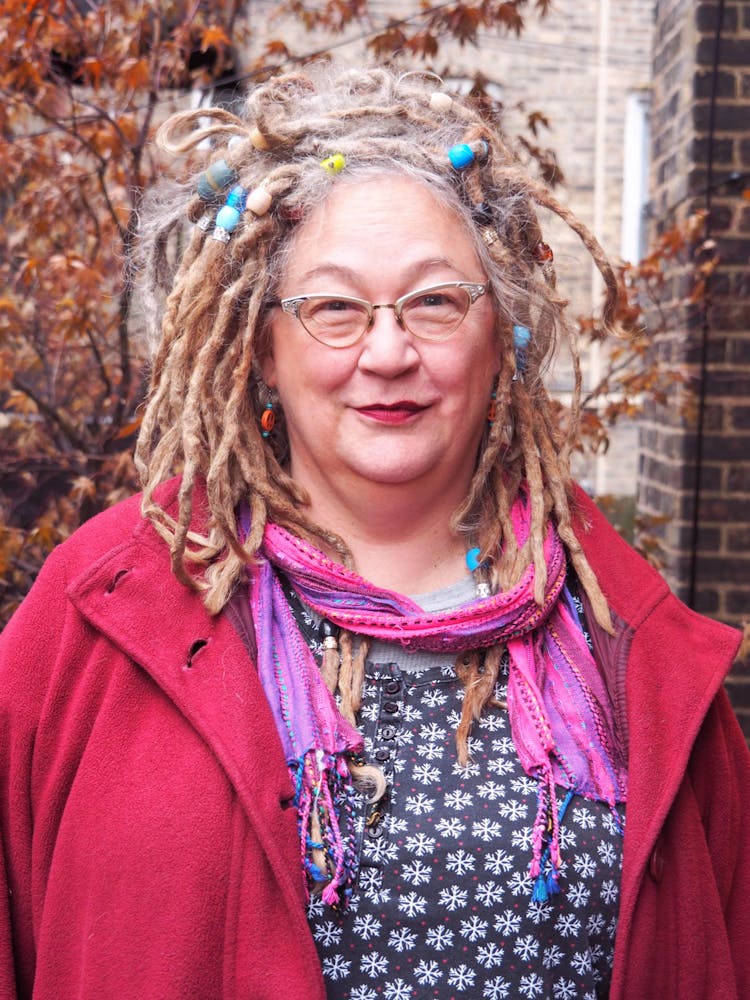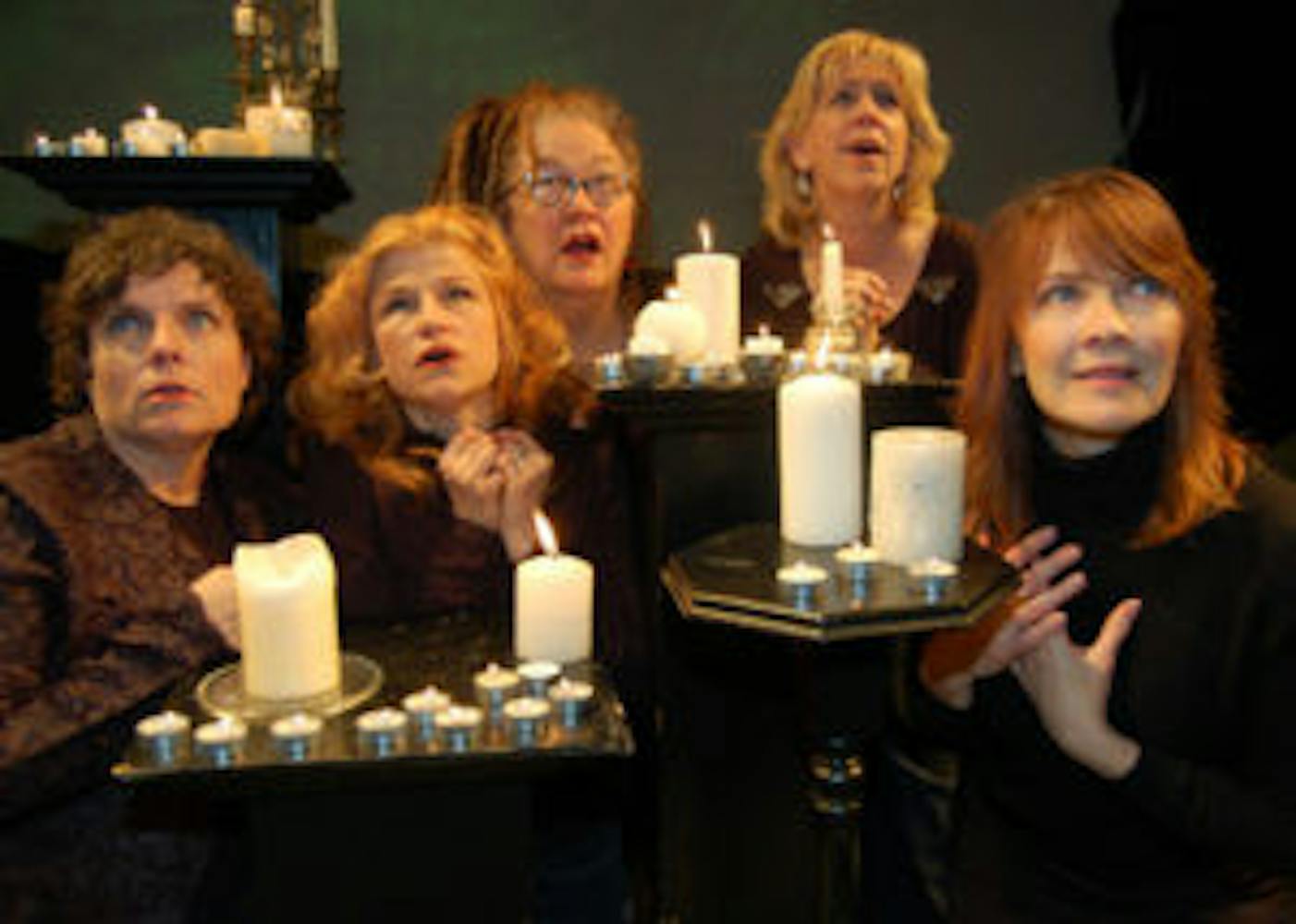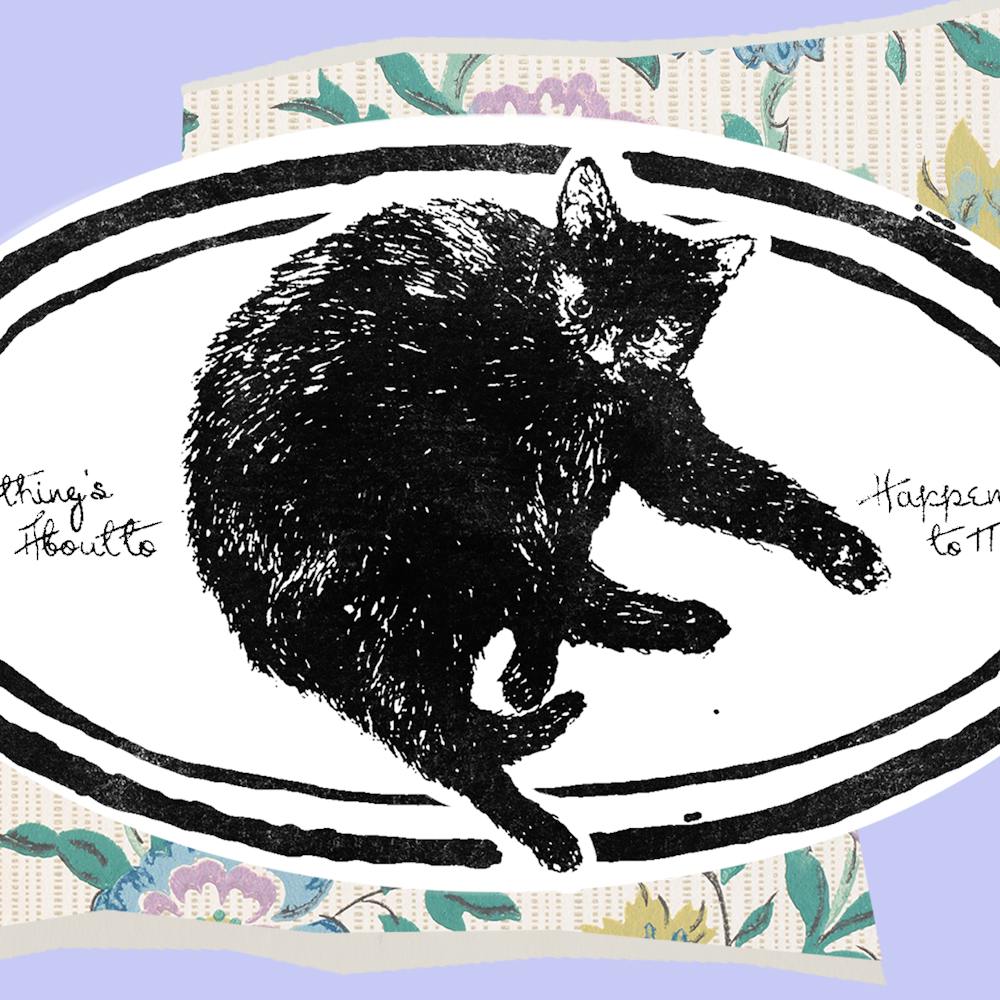The theater industry has been dying over the past two years. Not just because of the pandemic shutting down theaters and shows, putting thespians out of work and financially devastating the entertainment industry, but because actors have been missing that special connection to the audience only live theater has. However, MSU Acting alum Dorothy Milne, is forming a bridge for this disconnected desire.
Milne is organizing and performing in the 25th Annual Fillet of Solo Festival with Lifeline Theatre, bringing the Chicago storytelling scene to a completely virtual form from Jan. 21-Feb. 13. The festival will be filled with groups and solo performers telling their real stories, reflecting on life and finding ways to connect to the audience, even through a screen.
"I talk to you through the screen and it's super intimate, which is already the drawing point of this form is its intimacy and the vulnerability of exposing yourself and your personal self to the audience," Milne explained.
Just like the history of this festival, Milne has been performing for decades, still as passionately when she was training at Michigan State as an actor, then turning to directing shortly after. Solo's spoken word had always inspired her, and following the big surge of the art form in Chicago in the 90's, she was hooked. Before working with Lifeline Theater, she performed with her storytelling group, Sweat Girls, which was born out of the basement of a coffee shop where their first shows would run for eight months. Milne also became an ensemble member at the theater.
In 1999, Milne became the artistic director at the Lifeline Theater, being most proud of her education program, teaching both children and adults. The theater also served as a new work theater, producing unpublished work and creating works such as literary adaptations that have then been distributed to large audiences.
"Broadway doesn’t happen, feature films doesn’t happen, television doesn't happen, without the theater industry, which is a national industry," Milne said.
Milne explained that Lifeline is an active nest for new work, and with lots of feedback and support from the community, their plays have been produced both nationally and internationally, developing major scripts from a local theater.
"In our little corner of the universe in Chicago in a little theater next to a train track that only has 99 seats, we are contributing significantly to the national canon of work," Milne said.
With the success of the theater, the festival has been able to gain traction not only in Chicago, but across the storytelling community. This is the second year the theater has been forced to perform virtually, but this time with more preparation and more optimism on their side, Milne claimed.
"We want to create as artists and we want to connect to people who need art in their lives. So it's what we have," Milne said.
The virtual festival has also been able to connect to those that have Chicago theater roots but may have moved away, allowing them to participate such as Bernie White, another MSU alumnus associated with the theater. Milne claimed that the virtual format has been amazing for accessibility, both with performers and the wider audience to serve.
However, even though the storytelling is scripted, Milne does not see it as rigid; wanting to react to the story with the audience is something the festival is now missing. Milne also believes that it breeds the perfectionist in performers, wanting to get the recording perfect in a way that live theater would never capture.
“Doing it through the screen makes it feel so weird and naked," Milne said.
Even in a different form, Milne is looking forward to audiences being able to see many groups including the Asian American Pacific Islander Stories and Around the World in 80 Minutes, who have been performing stories of immigrants for several years.
The festival also has a wide range of stories and storytellers. Some of the stories are laugh out loud, and others will break your heart. Some of the storytellers have been portraying their stories to audiences for 40 years, and others are telling their first. Milne claimed that developing writers is the most important and engaging part of the festival, encouraging writers to help them solve the problems in the world with them.
"Most of us who are involved are kind of evangelical for this form where everyone's got a story and we can help you craft it," Milne said.
Milne feels as though her education at MSU kickstarted her entrepreneurial drive for theater, adopting the spirit of her undergraduate program that encouraged students to create their own opportunities and put on their own shows. She claims the most exciting work was always student generated.
With the pandemic, however, times have changed to just go out and perform theater safely and openly. Lifeline Theatre has still not been able to open but Milne is thankful for not only the anticipation of their fans that are supporting their virtual work, but also donations coming their way to finance the reality of their opening, predicted for this coming summer.
"Theater will go on one way or another," Milne said.
While storytelling will not be able to end a deadly pandemic, Milne still hopes that this form can be used for maximum impact and good.
“Storytelling is so freaking powerful," Milne said. "I hope that as we go forward as storytellers that we can recognize our power in that and try to tell stories that honor the spirit of collaboration and teamwork and honoring different perspectives and backgrounds."
Milne explained that even though storytellers may have different age, gender, sexual orientation or general backgrounds, with seemingly nothing in common, she is always able to resonate with the story because every story holds the same core and human truths.
"When we feel those truths in another person's story, it can really change a person's perspective on how they look at the world," Milne said.
Support student media!
Please consider donating to The State News and help fund the future of journalism.
She encourages everyone to try their hand at storytelling at some point, whether through the festival or through speaking with others about their unique experiences.
"There’s nothing that makes you braver than telling your own story in public because you’re the script, you’re the performer, and if you’re telling a good story, you’re telling about a mistake you made," Milne said. "You’re not bragging about yourself, you’re talking about things you’ve goofed up. I always say that it builds courage and that it's a good experience to have to expose yourself in that way."
Milne claims that she cannot imagine her life without her creative endeavors, growing up with parents that would encourage storytelling by passing their books around, reading aloud to each other. She does not believe that someone has to be a professional artist for art in life to be so soul-lifting and necessary.
Discussion
Share and discuss “MSU alumna Dorothy Milne is taking the world of storytelling virtual ” on social media.








